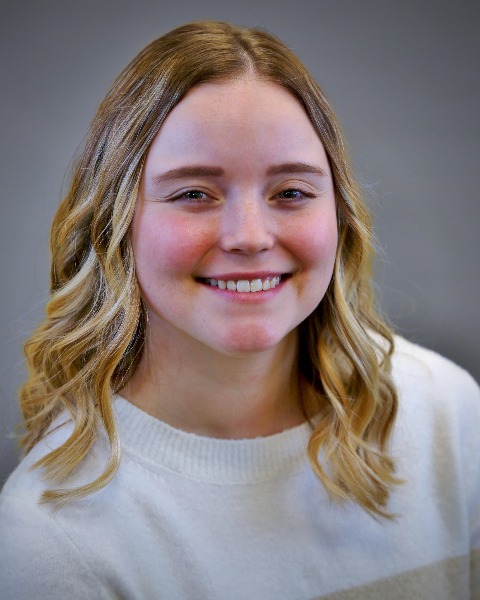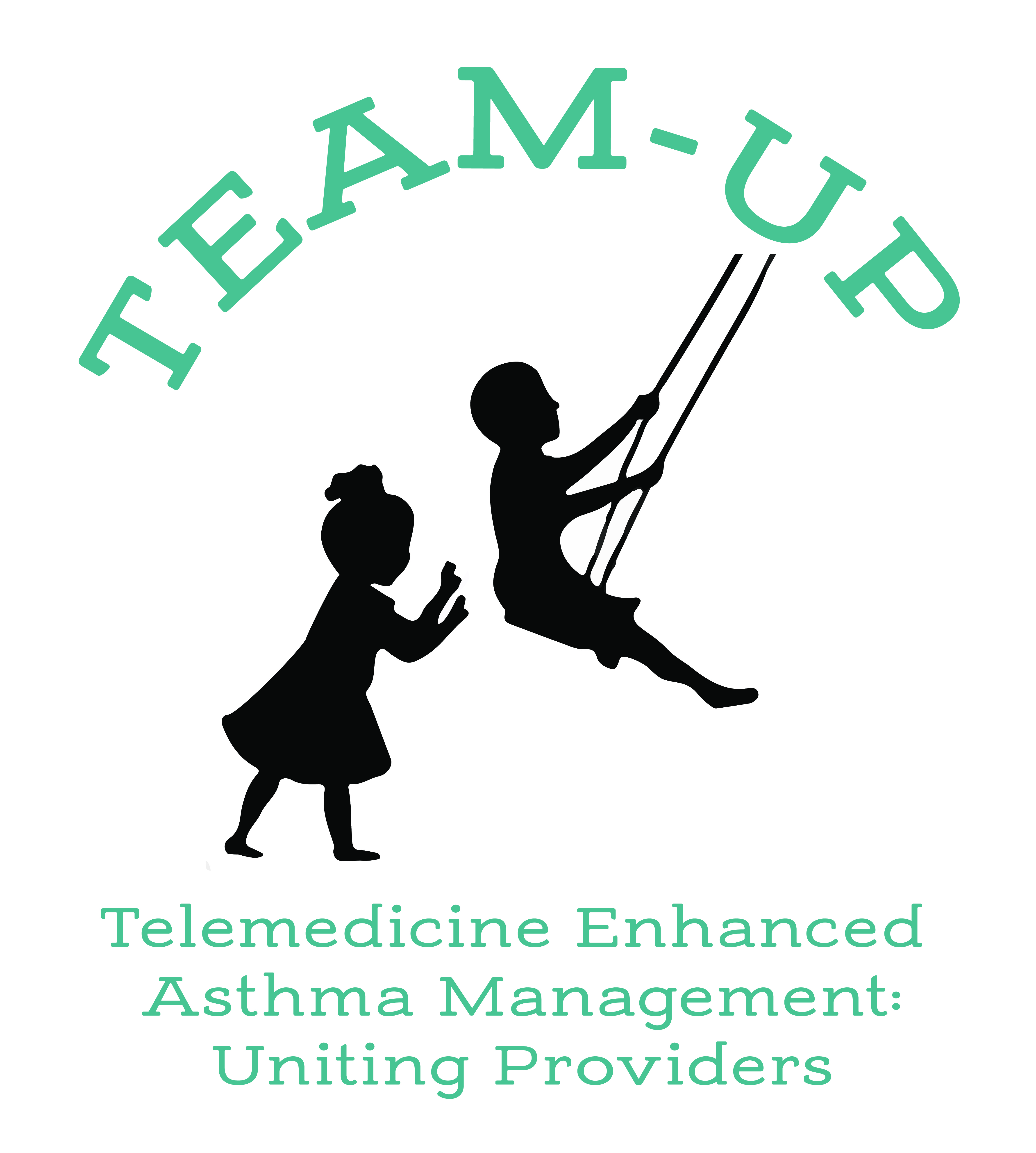Asthma
Session: Asthma 2
202 - Pediatric Asthma Specialist Care Utilization Among Children with Poorly Controlled Asthma
Friday, May 3, 2024
5:15 PM - 7:15 PM ET
Poster Number: 202
Publication Number: 202.574
Publication Number: 202.574

Emily J. Aman, BA (she/her/hers)
MPH Student, Human Subject Research Coordinator
University of Rochester School of Medicine and Dentistry
Rochester, New York, United States
Presenting Author(s)
Background: National guidelines recommend that children with moderate to severe persistent or poorly controlled asthma be seen by an asthma specialist. However, specialist care is underutilized particularly among historically minoritized youth.
Objective: To describe use of specialist care (pulmonology, allergy) among children whose significant asthma symptoms indicate the need for specialized care, and to explore whether primary care provider (PCP) recommendations and referrals are associated with specialist care use.
Design/Methods: We analyzed baseline data from the Telemedicine Enhanced Asthma Management–Uniting Providers (TEAM-UP) trial in Rochester, NY (2018-2023). Upon screening, all children had symptoms indicating moderate-severe persistent severity or poor asthma control. At baseline, caregivers reported their child’s prior use of specialist services, current symptoms, healthcare utilization and demographics. We used bivariate and multivariate analysis to compare specialist care use with demographics, asthma outcomes, and PCP recommendations and referrals.
Results: We enrolled 325 children ages 4-12 yrs. (participation rate 62%; 60% male, 35% Hispanic, 58% Black, 80% public insurance). While all children had moderate-severe persistent asthma and more than 1/3 reported allergic rhinitis, only 37% ever received care from an asthma specialist and only 16% saw a specialist in the prior year. Children with a specialist visit in the past year were younger, and more were Hispanic, lived in a smoke-free home, had married caregivers, and a family income ≥$35,000. Children who had seen a specialist in the past year had fewer symptom-free days and more acute healthcare visits, and more used a preventive medication compared to those that did not see a specialist (Table 1). While PCP recommendations and referrals increased the likelihood of children receiving specialist care, only 23% of children were referred to a specialist by their PCP (Table 2). Some caregivers (15%) reported difficulty making an appointment with a specialist and 40% missed a scheduled specialist appointment in the past year. Importantly, the majority (81%) of caregivers who were not seen by a specialist felt specialist care would be helpful for their child.
Conclusion(s): Very few children living in this historically marginalized community receive recommended specialist care, despite having significant asthma and caregivers who feel a specialist visit would be helpful. This study highlights the importance of PCP recommendations and referrals, as well as optimized access for the receipt of specialist care in this vulnerable population.
.png)
.png)

